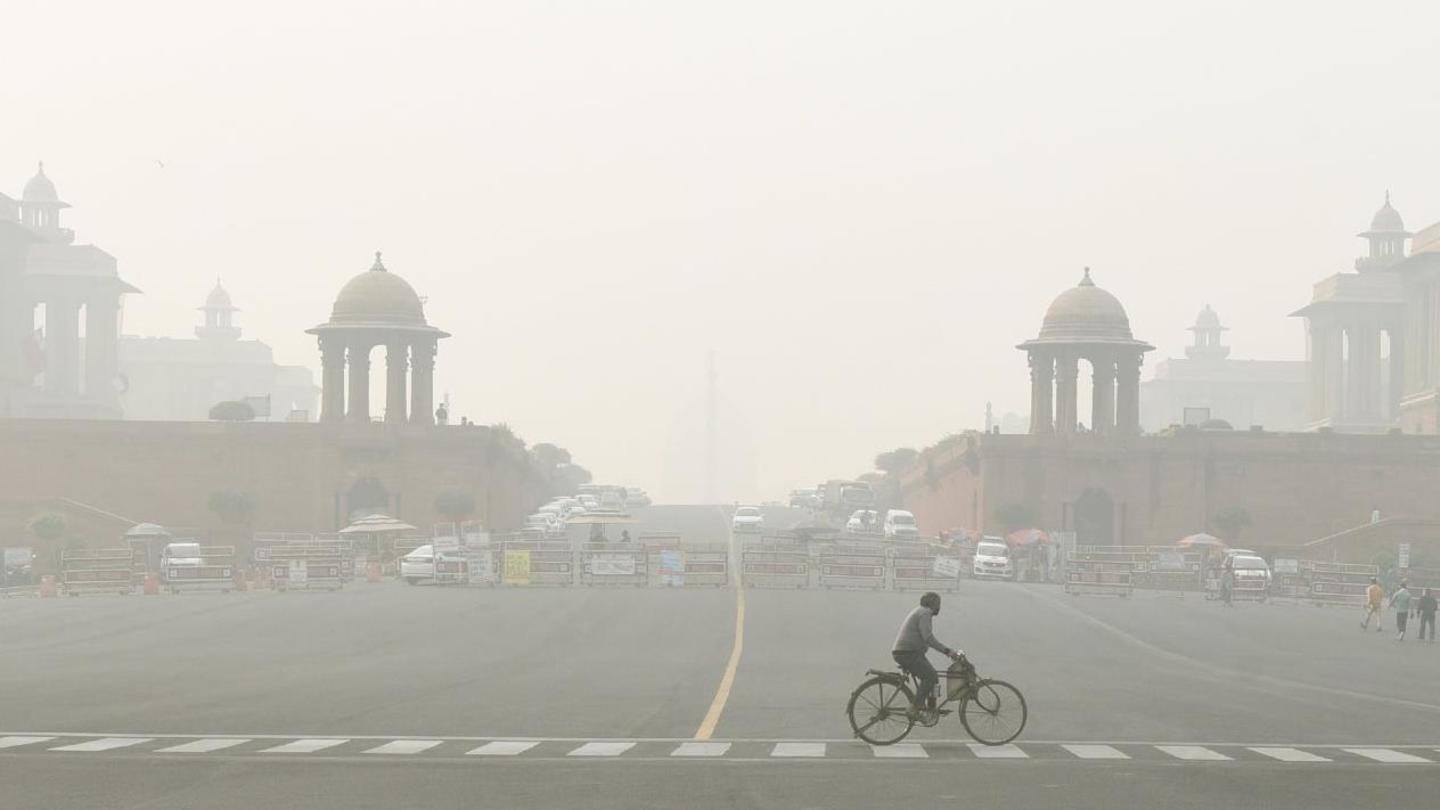
Delhi's NO2 pollution increased by 125% in one year: Study
What's the story
Delhi recorded an increase of 125% in nitrogen dioxide (NO2) pollution between April 2020 and April 2021, according to a Greenpeace India study that analyzed NO2 concentrations in India's eight most populous state capitals. NO2 pollution has increased in all the eight capitals studied, Mumbai, Delhi, Bengaluru, Hyderabad, Chennai, Kolkata, Jaipur, and Lucknow, but Delhi has seen the most dramatic increase during the period.
Information
What is NO2?
NO2 is a dangerous air pollutant that is released when fuel is burned, as in most motor vehicles, power generation, and industries. Exposure to NO2 can severely impact people's health, affecting the respiratory and circulatory systems, leading to an increase in hospital admissions and mortality.
Pollution levels
Pollution levels would have registered a greater increase: Study
"The analysis suggests the increase would have been even greater (146%) had weather conditions been similar to 2020," read the report, titled Behind the Smokescreen: Satellite Data Reveal Air Pollution Increase in India's Eight Most Populous State Capitals. Although relatively better than the national capital, other Indian capital cities recorded an equally worrying increase in NO2 levels as well.
Cities
NO2 levels have increased in all the eight cities
NO2 pollution increased by 52% in Mumbai, 90% in Bengaluru, 69% in Hyderabad, 94% in Chennai, 11% in Kolkata, 47% in Jaipur, and 32% in Lucknow in April 2021 compared to the same month last year, the study showed. As the pandemic continues to have a severe impact on India in 2021, there is growing evidence that polluted cities suffer disproportionately more coronavirus cases.
Fossil fuels
Fossil fuel-related pollution has negatively affected environment
The health impact of fossil fuel-related air pollution is severe and has been reflected time and again in several reports. Yet there has been little change in our reliance on fossil fuels, Greenpeace India said. "People saw clean skies and breathed fresh air during the nationwide lockdown though it was an unintended consequence of the pandemic," said Avinash Chanchal, senior climate campaigner, Greenpeace India.
Future plans
We need to ensure cleaner, sustainable energy: Chanchal
"The disruption caused by the pandemic is a case to transition to cleaner, equitable and sustainable decentralized energy sources... The recovery from the pandemic must not come at the expense of a return to previous levels of air pollution," Chanchal said. "The governments, local administration, and city planners must initiate...safe public transport system that is run on clean energy," he added.